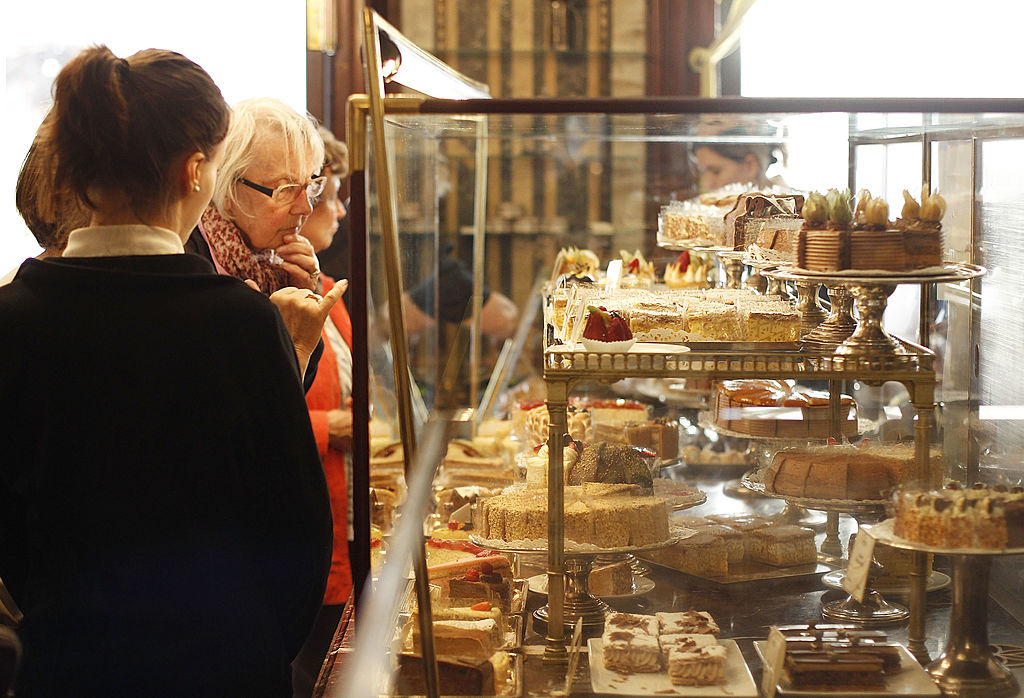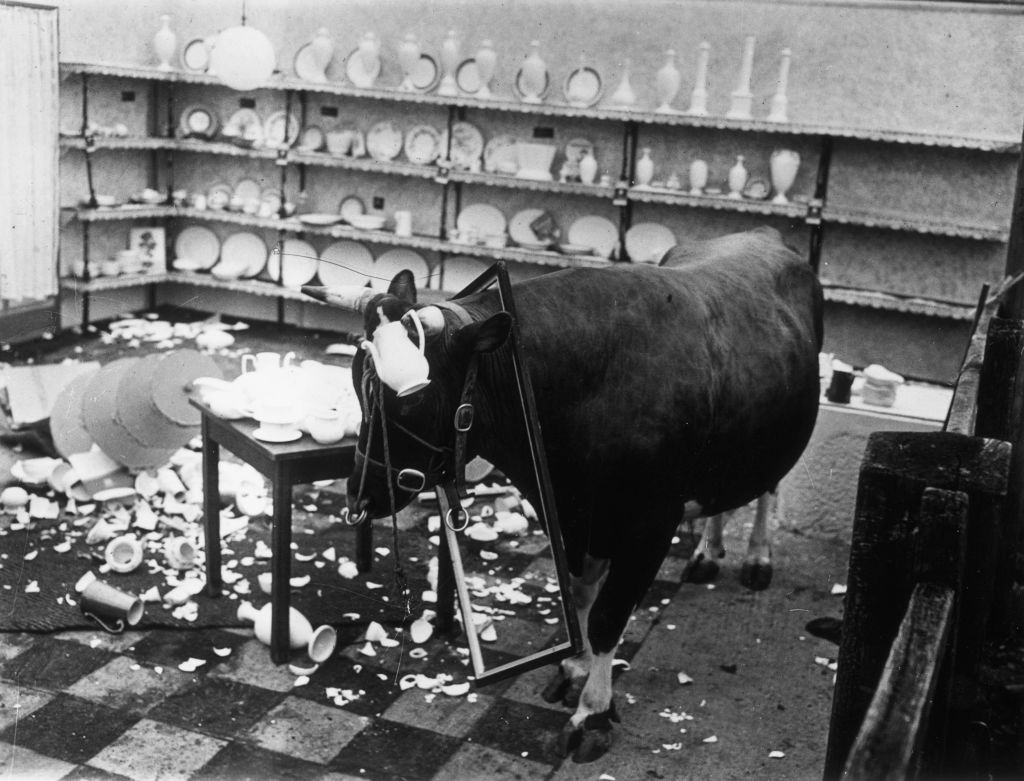There have been many thoughtful comments about the recently deceased Pope Francis in the pages of Brussels Signal, all of them by people who are better versed in theological questions than myself. I will add, however, that Catholicism is more than just a religious question but also a cultural one: No one was more aware of this than Francis’ predecessor, the late Pope Benedict XVI. He understood the crisis of cultural confidence the West has found itself in at least since the 1960s, and that the Catholic church could and should play a role in our civilisation finding a backbone once again.
The man formerly known as Cardinal Ratzinger chose the name Benedict XVI for his papacy, honouring St. Benedict, who was born in Umbria in 480. He played a crucial role during the Dark Ages by preserving essential aspects of Roman and Greek civilisation and integrating them with Christianity, leading to a revitalisation that became the foundation of Europe and Western civilisation. He once quoted a Benedictine motto: Succisa virescit, meaning “that which gets cut down grows back stronger.” Referring to his namesake, Pope Benedict XVI suggested that Christianity could experience a revival, especially in the non-Western parts of the world where it is thriving against all odds. Particularly in Africa and China Christianity is the religion of choice and comfort for an ever-growing number of people. To be clear, there are hopeful signs in the West as well: A survey called “The Quiet Revival,” commissioned by the Bible Society and conducted by YouGov, reveals a significant 50 per cent increase in church attendance in England and Wales over the last six years. Notably, young people aged 18 to 24 represent the second-largest demographic in church attendance, following those aged 65 and older. The trend is particularly pronounced among young men, with 21 per cent of those aged 18 to 24 attending church at least once a month, compared to just 12 per cent of young women. A similar trend can be observed in the US, where Gen Z is rediscovering religion as well. What makes this interesting, however, is that these young adults are attracted to a conservative version of Christianity, and not the rather postmodern zeitgeist-infused version promoted by Pope Francis.
I never understood the latter’s fondness for promoting open borders and the growing Islamization of the Old Continent, and at some point it was hard to tell if he would have objected to turning St. Peter’s basilica into a mosque. After all, during last year’s nativity scene at the Vatican baby Jesus was wrapped in a keffiyeh, the scarf-of-choice for Jew haters and Islamists. Not surprisingly, he also met in 2019 with antisemite-extraordinaire an keffiyeh wearing Greta Thunberg, who herself is the pope of the church of climate change. I am sure that the pope (Francis, not Greta) was a good man, but was he also a good pope? As someone who cared deeply about the poor, he also jumped on every fad of the class of the superrich, from open borders to climate change to the trans issue. These topics might have been the top priority in Beverly Hills, but not in Burkina Faso where Christians are fearing and fighting for their lives every day.
Like the young members of Gen Z, they are desperately looking for moral leadership, and not the wishy-washy identity politics current thought-leaders are serving. Like so many, I am a lapsed Catholic – I donate regularly, but otherwise I am not following my church’s rules too adamantly – but even if I am not, I still expect the Catholic church to be Catholic. Sometimes it feels as if Catholicism has morphed into a New York Yankees fan club whose president secretly and on occasion openly cheers for the Boston Red Sox. Fine by me, but do not complain if your membership numbers keep dropping. There is an entire section of the generation born after 2000 that wishes for a return of traditional values: Contrary to what the media tells you, today’s reactionaries are not the over 60 but under 16. The question is, which ideologies stand ready to take advantage of this new sentiment? The coming conclave has the Herculean task of either choosing someone who will renew the Catholic church, or someone who will finalize its descent into postmodern irrelevancy. Succisa virescit unless, of course, the cutting down has already gone too far.






EU is no match for China or US, Europe can only play for time